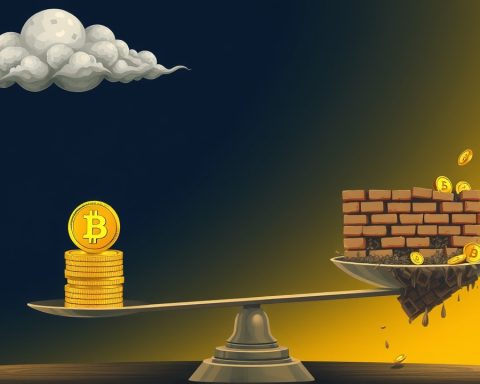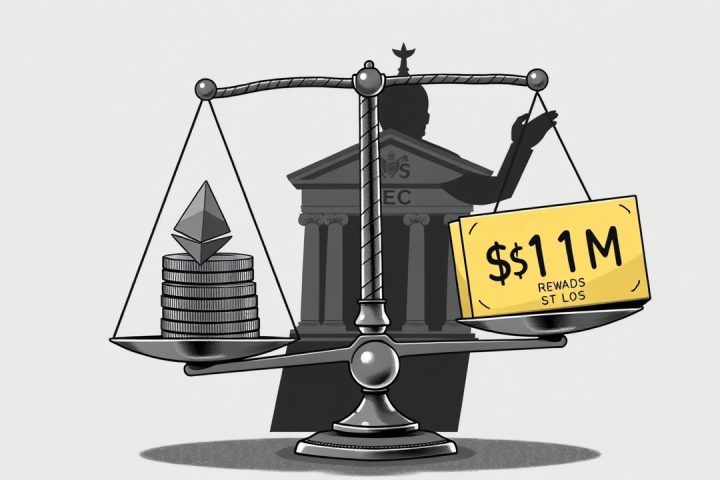Overview of the GENIUS Act
The recent introduction of the “Guiding and Establishing National Innovation for U.S. Stablecoins (GENIUS) Act” signifies a significant step towards establishing a robust regulatory framework for stablecoins in the United States. The bill, which has received bipartisan backing and was sponsored by Senator Bill Hagerty from Tennessee, has already seen approval from the Senate Banking Committee with an 18-6 vote. If enacted, this legislation could set clearer guidelines on licensing, reserve standards, and consumer protections, positioning the U.S. as a leader in cryptocurrency regulation compared to other regions, particularly the European Union’s Markets in Crypto-Assets Regulation.
Challenges Ahead
While optimism surrounds this legislation, it’s important to manage expectations. The immediate aftermath of the GENIUS Act becoming law is not likely to trigger a swift surge in participation from major financial entities and tech companies like Amazon and Meta in the stablecoin sector. A key hurdle remains: access to reliable, real-time price data, which is crucial for institutions to thrive in this space. Currently, the availability of instantaneous market information is inconsistent, impacting the ability of financial firms to make profitable trades and manage risks effectively.
Experts warn that regulatory fragmentation could result in substantial losses for these institutions, potentially reaching as much as 5-10% of their annual revenues.
Furthermore, even as investment in market data increases—reportedly up 8.1% in 2024—the costs are far outpacing what many firms can afford. The previous year saw unprecedented spending on market data due to rising demand for trading tools; however, this trend raises concerns about equitable access to such critical information.
Market Insights and Data Accessibility
The gap in access to significant market insights often benefits larger firms that can afford to pay exorbitant prices—up to 12 times more than others for the same data. Conventional sources, such as Yahoo! Finance or Google Finance, provide outdated information that is insufficient for traders needing to act quickly.
If the GENIUS Act passes, it will provide essential clarity on stablecoin regulations, which could lead to increased corporate investment and usage of stablecoins. However, the fundamental requirement for effective integration of stablecoin payments remains reliable access to real-time pricing information.
Role of Decentralized Finance (DeFi)
Decentralized finance (DeFi) could play a vital role in addressing this issue, offering innovative solutions like decentralized price layers that provide high-quality, real-time data directly from sources. These systems gather and disseminate information on thousands of assets at any time, fostering competition and accessibility that the current traditional financial setup lacks.
Moreover, DeFi protocols leverage smart contracts to streamline processes, ensuring that transactions occur swiftly without the complexities and costs associated with traditional trading systems. This democratization of access means that anyone with an internet connection can utilize decentralized financial tools, enhancing efficiency and security while reducing counterparty risks.
Conclusion
The realization of regulatory clarity concerning stablecoin usage will likely stimulate broader participation from various firms, supporting their growth and sustainability within the financial ecosystem. Democratizing access to vital market data will forge a new path for financial equity, allowing all players—be they large institutions or individual traders—to compete effectively.
The emergence of infrastructure that guarantees affordable, real-time data feeds is critical to the success of the GENIUS Act. As this legislation holds promise for bringing stablecoins into mainstream finance, the foundational elements necessary for a transparent, fast, and accessible financial system must also be prioritized. Realizing a synergy between the best aspects of DeFi and traditional finance may well herald a new era of financial innovation where all market participants can thrive.
Mike Cahill

















